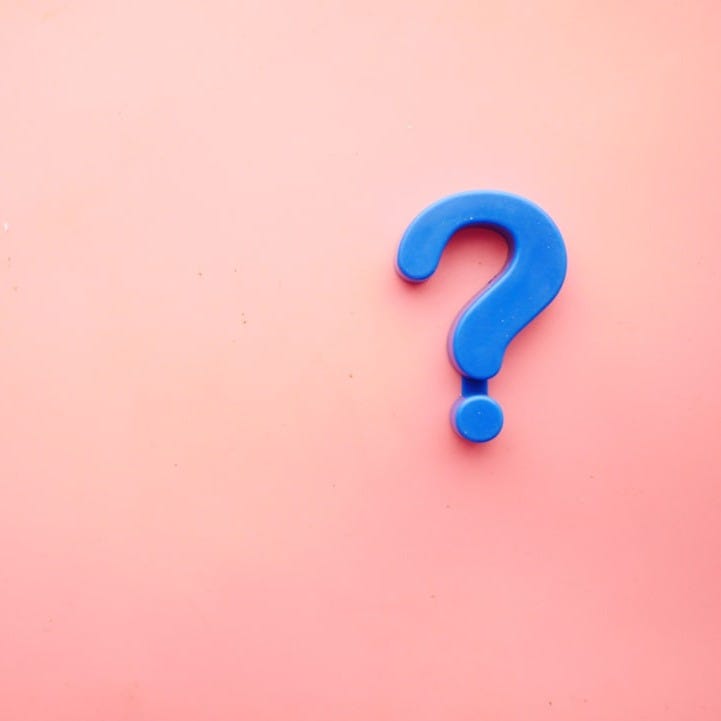
A query letter should include these sections.
A Greeting
A Pitch
A Story Hook
A Book Description (aka blurb)
A Comp Title section
A bit of personalization demonstrating how or why you chose the agent
A Close
In Part 2, I tackled the Greeting, the Pitch, and the Hook. Here, I’ll adress everything else.
Writing a one-paragraph story description truly vexed me. I hired a terrific Query Letter Advisor, Karin Gillespie. She, a fellow writer, urged me to lean into the protagonist’s story arc, focusing only on his challenges and stakes, and omitting details related to the other leading characters.
In my original query letter, drafted over a year ago, my story description bullet-pointed my four main characters, each of whom has their own story arc. This allowed me to include a challenge that each faces, hint at their individual voices, and show how they interrelate. But I was advised not to give space to a character list, and instead to reveal the novel's plot points. This means that the stakes faced by the other important characters are sidelined—which is a shame. My new story description is definitely plot-focused (which is good) but it is far less complex. I miss having the description reflect my character's interwoven lives within the layers of plot.
How can one convey a novel’s abstract ideas in just a few sentences and focus on plot points and stakes? If my hook was 55 words, my description paragraph needed to be fewer than 175 words. It wasn’t the distillation of 350 pages into half-of-one that I found difficult. I know my novel and can describe it in a few sentences. But those sentences, although intriguing and sounding like typical cover copy, don’t specify plot points or expose the stakes. When I attempted to add those in, my “paragraph” swelled to almost 400 words!
So I re-wrote. Edited. Drafted again. By the third version, I hated how it sounded. I would again craft a paragraph I liked, albeit still a tad too long, but then, when juicing it up to mimic the book’s narrative voice, the whole thing would fall apart. I went back and forth with my patient alpha-reader. Days passed. I was unsure if this even counted as progress.
On a Friday afternoon, just before giving up on my unresolved query letter, I griped to my critique group in a group text. They chimed in with sympathizing emoticons and smiley faces. “Don’t worry, you’ve got this,” they said, “We’re behind you!” But my query letter was in ruins, broken into its component parts. The description was a disaster! I let it rest, determined to tackle it again.
Less than four hours later, one of my fellow writers sent me her stab at a 140-word story description. She had beta-read the manuscript and knew my book’s plot. Her “stab” was brilliant, succinct, and drove the key points. It was exactly what I needed for a prod. She proved it was possible! So all day Saturday, using the structure of my friend’s paragraph, I revised and edited, inserted phrases, improved verbs, tried to imply the character’s unique voices. I cut a sentence with one stake in favor of another. This confusing and agonizing task didn’t end until just before midnight. Is it perfect? Probably not. But I am happy with it.
As one writes a novel, the goal is to be “original.” If something sounds like a scene from another book, one crumples it up, tosses it away, hits delete. And then, once the manuscript is finished, that same writer must scour the last three years of literature to find the published books that are most similar to their own. It’s a strange exercise.
Over the past eight months, in between editing, researching literary agents, writing and submitting short stories, I have been devouring recent novels, searching for comps for my own. From the more than two dozen books I read, I found two superb comps and about four others whose fans would likely enjoy my book. Identifying comps had caused me a lot of stress, but as a result of all that reading, my comp paragraph is now my favorite paragraph in my entire query letter—and my comps reveal loads about my book.
Now a word about personalization. Some people bury their query letter's personalization near their "close," after their list of comp titles. That felt wrong to me. Why wait to tell an agent that their last book deal was a favorite? In nearly every query letter, I combined it with the "greeting" in my first paragraph.
The close can simply be, “Thank you for your consideration,” or “I look forward to hearing from you.”
I really DO look forward to hearing from you—in the comments below. Tell me about your querying experience. Or if you are an agent, are you open to upmarket fiction queries? Or what do you like to see in a query letter? Did I explain it correctly?
If you are not at the querying stage yet, I hope this series has begun your research journey. There is a lot to learn.

